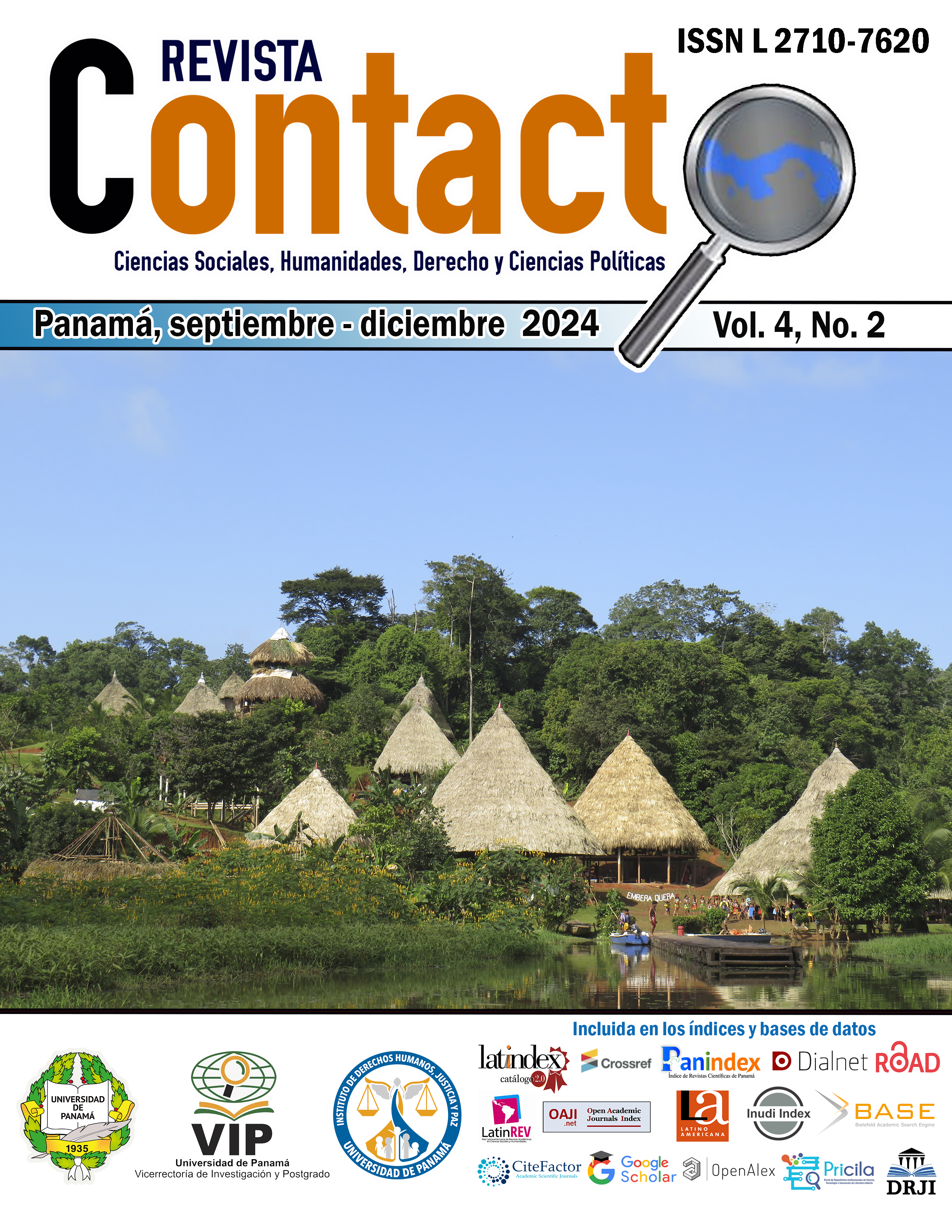

Copyright (c) 2025 Revista Contacto

This work is licensed under a Creative Commons Attribution-NonCommercial-ShareAlike 4.0 International License.
The American curriculum standards aim to progressively enable children to be able to see the data set as a whole, describe its shape, and use statistical characteristics, such as range and measures of central tendency to compare, considering the cycle: formulate questions, collect data, and represent them (Batanero 2002). In Panama, students have little developed critical and logical mathematical thinking that allows them to make decisions based on scientific data. The objective of this research is to establish the importance of logical mathematical reasoning that promotes the learning of statistics, from elementary school, to create a statistical culture in the citizens of tomorrow. The methodology used was the compilation of documents such as scientific articles, theses, etc. The results obtained reveal that digital tools and information and communication technology (ICTs) represent support for the achievement of the objectives set. In such a way that, by developing this skill from childhood, the country will be able to count on young people with analytical capacity in the face of the bombardment of information they receive, through mobile devices. Consequently, the results of the PISA test could improve and place our country in a better position.